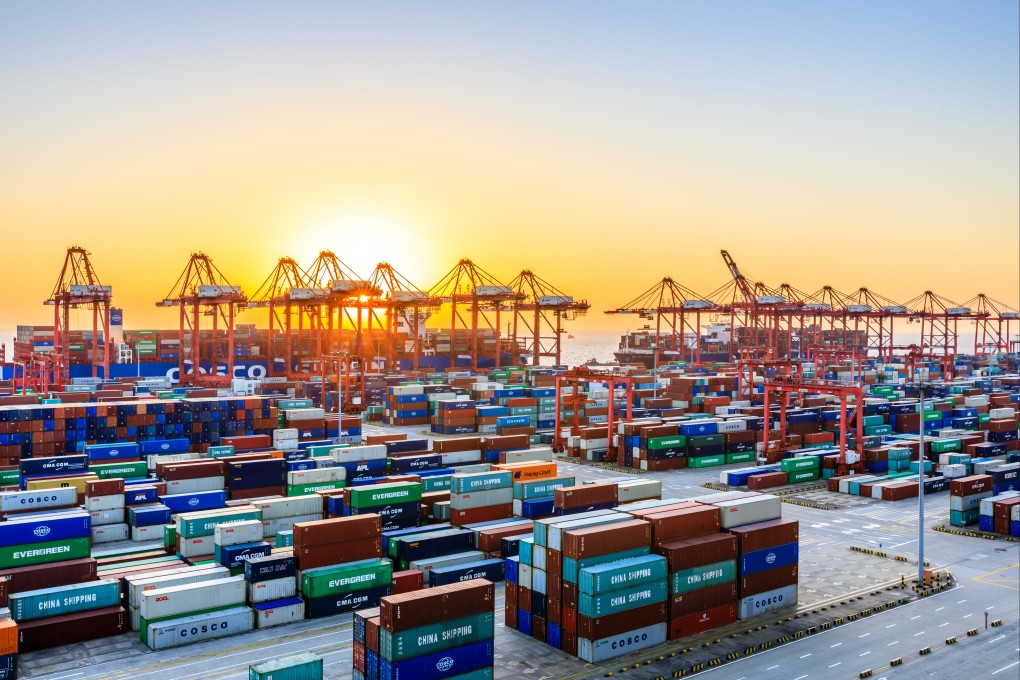China renews commitment to ‘deepening reform’ in bid to join CPTPP Asia-Pacific trade pact
- China is talking with members of the Comprehensive and Progressive Agreement for Trans-Pacific Partnership (CPTPP)
- China stands ready to implement reform measures and law revisions, the commerce ministry in Beijing say, amid renewed investor uncertainty

China on Thursday pledged to continue reforms as part of its effort to join a major Asia-Pacific trade pact, amid growing concerns about a more inward-looking Chinese economy after the 20th party congress.
Beijing is still “reaching out to, communicating and talking with” members of the Comprehensive and Progressive Agreement for Trans-Pacific Partnership (CPTPP) in accordance with the trade deal’s accession procedure, the country’s Ministry of Commerce said.
“China has conducted a full, comprehensive and in-depth study and evaluation of the rules in the agreement text, and sorted out reform measures and law and regulation revisions that may need to be taken for joining the CPTPP,” said spokeswoman Shu Jueting.
“We are willing to strive to fully meet the CPTPP rules and standards through continuous deepening reform.”